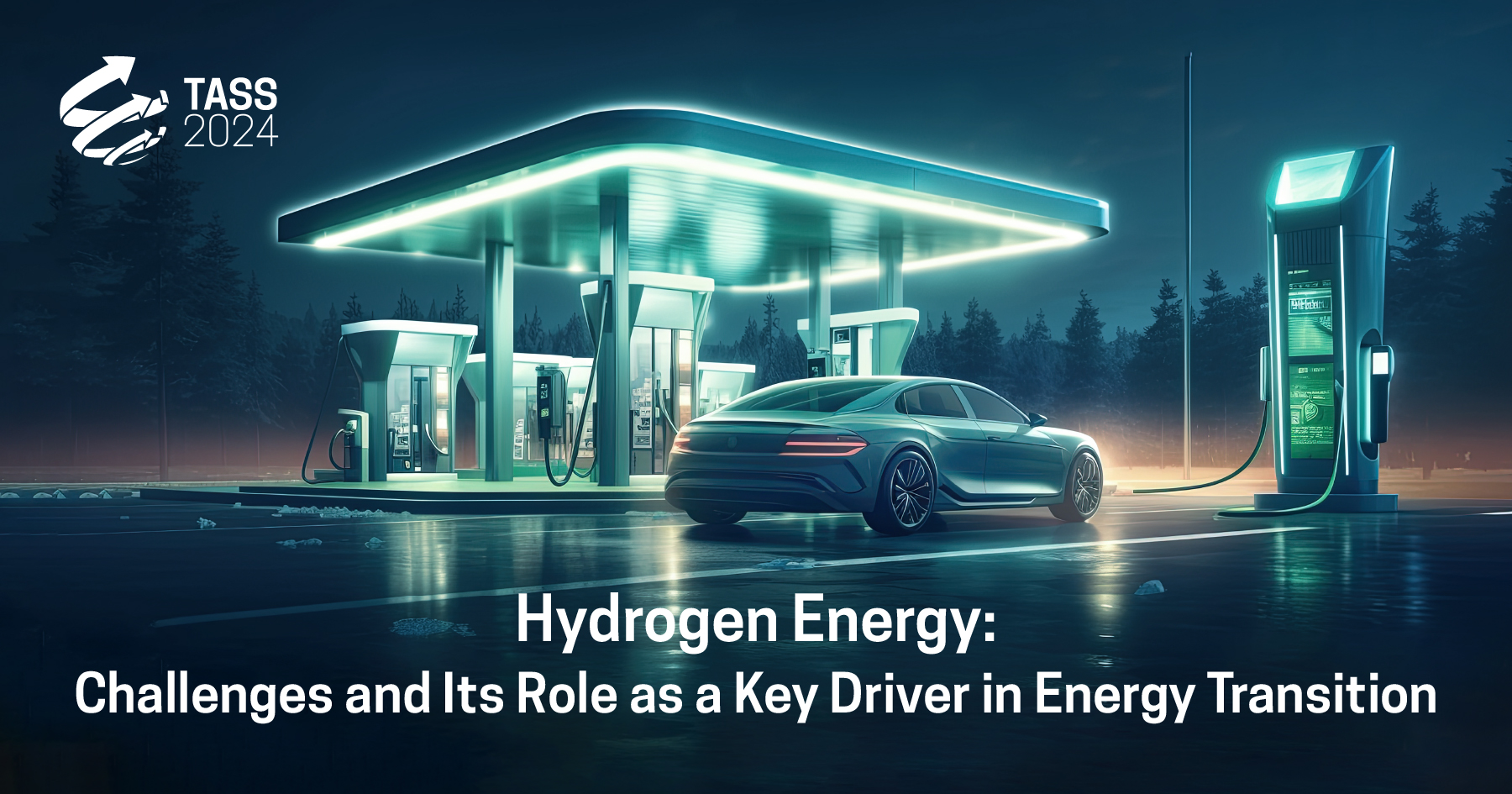As the global demand for environmental protection and carbon reduction continues to grow, energy transition has become a critical issue for many countries. Hydrogen energy, as a clean and renewable energy source, is rapidly gaining attention. In recent years, hydrogen fuel cell electric vehicles (FCEVs) have emerged as one of the most eco-friendly and essential options in the new energy vehicle sector. They stand out for their ability to produce only water and heat during energy conversion, without emitting any harmful gases or substances. This reflects the significant progress in fuel cell electric vehicle technology and highlights the potential of a hydrogen-powered society, signaling its key role in future carbon reduction efforts.

This year, hydrogen energy made its way into the Olympics, showcasing its societal potential. The Paris Olympics adopted Toyota’s zero-emission hydrogen vehicles as official vehicles to achieve carbon reduction goals. However, with only eight hydrogen refueling stations in Paris (three of which are not yet operational), concerns were raised about whether these stations would be sufficient to support the fleet of 500 hydrogen vehicles. Currently, the number of hydrogen refueling stations and the sales of hydrogen vehicles face significant challenges. Increasing the number of refueling stations is crucial to boosting the adoption of hydrogen vehicles. Although the initial construction and operation of hydrogen stations require significant capital investment, with proper operational strategies and sufficient safety measures, the capital costs can be reduced while gaining public acceptance and support.
In Taiwan, CPC Corporation has taken on the responsibility of being a “hydrogen energy supplier.” The first demonstration hydrogen station is expected to be completed in the third quarter of 2024 in Kaohsiung. This station will support the Ministry of Transportation’s pilot program for hydrogen fuel cell buses, enabling their use in urban transit and tourism. In the future, CPC plans to leverage its extensive network of gas stations across Taiwan to operate hydrogen fueling stations, turning this widespread deployment from concept into reality. According to CPC Chairman Shun-Chin Lee, the era of fuel-powered vehicles is fading, and integrating hydrogen refueling with traditional fuel stations “provides a new lifeline for gas stations.”
To embrace the future of hydrogen energy, the expansion of hydrogen refueling stations is essential in paving the way toward a sustainable future, and the Kaohsiung demonstration station is just the starting point. Dong-jin Wu, Chairman of the Greater Taipei Gas Corporation, outlined a future that emphasizes hydrogen energy promotion and cogeneration in partnership with Shin Kong Hospital, advancing green energy and carbon reduction goals. This initiative also aligns with the development of hydrogen-powered buses, as Great Taipei Gas Corporation is pushing forward its plans to set up hydrogen fueling stations throughout Taiwan.
Sources: TechNews, ESG Global Views Commonwealth, United Daily News, Materialsnet
The development of hydrogen energy represents a significant breakthrough in carbon reduction technologies and plays a crucial role in the global energy transition. TASS2024 will act as a key platform for advancing discussions on hydrogen energy while fostering industry collaboration and creating new business opportunities, ultimately driving the widespread adoption of hydrogen as a sustainable energy solution.

